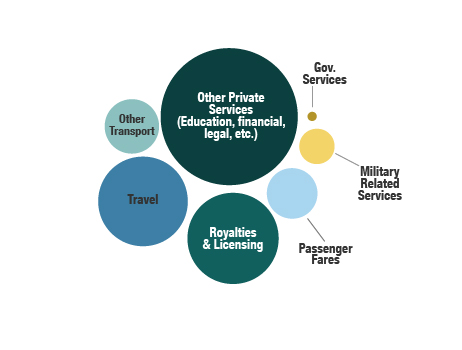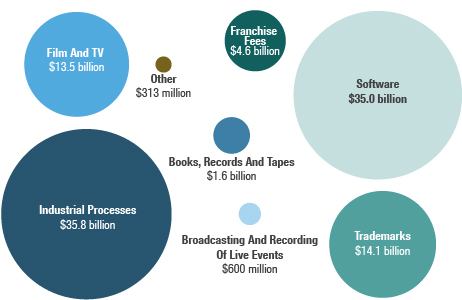 We take pride in noting that patent agents have a wealth of career opportunities—with law firms, the USPTO, and within corporations’ intellectual property divisions, but we haven’t yet mentioned those in our own backyard—universities eager to commercialize the technologies they’ve developed.
We take pride in noting that patent agents have a wealth of career opportunities—with law firms, the USPTO, and within corporations’ intellectual property divisions, but we haven’t yet mentioned those in our own backyard—universities eager to commercialize the technologies they’ve developed.
Take this quote from a recent article on Inc.com: “One source of new technologies is our national labs and universities that get federal funding. Their mission is to find commercial partners to bring inventions out of the lab and turn them into real products.”
Most universities now have distinct departments devoted to facilitating this process. At Notre Dame, it’s the Office of Technology Transfer. Among their functions:
- To secure legal protection (patents) for ND technologies,
- To market those technologies to companies that are well positioned to bring them to the marketplace,
- To negotiate and execute licenses transferring rights in ND technologies to such companies
Just a brief look at the current technologies put forth by the university and you can see the win-win opportunity that patent licensing makes possible, for startup companies and universities alike.
Not to mention the opportunity for the facilitator! Consider it: a job in which you are on the forefront of every advancement that comes out of a university, where you’re the bridge between the academy and the business world, making new technologies available for public benefit. Interested? Contact the Masters Program in Patent Law to learn how our degree is your first step forward.

